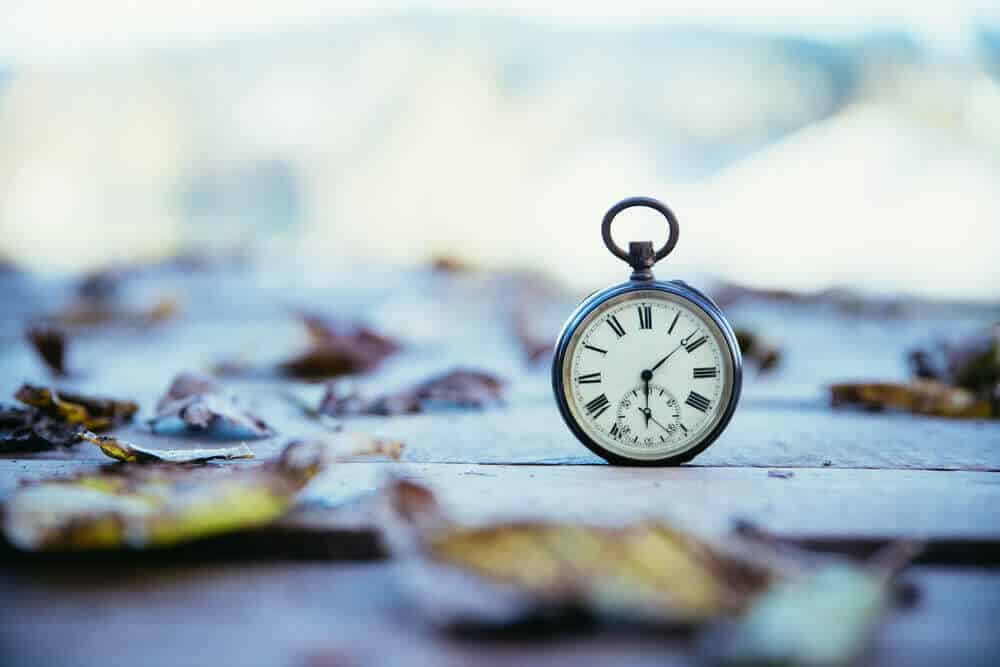Leisure is a waste of time when our thoughts and beliefs do not align with knowing that leisure time is vital for our overall well being. It’s not just the amount of leisure we have that matters, but also how we perceive it. Leisure can provide invaluable experiences which can help lead to lasting positive changes in life.
When Leisure Is A “Waste of Time”
Leisure time is essential for us to develop and maintain healthy lifestyles. However, when we view leisure as a waste of time, we tend to neglect the importance of spending time on hobbies and other interests that make our life worthwhile. Our beliefs about leisure activities can powerfully impact our happiness.
Leisure activities are a tool for social change, and they provide an opportunity to challenge existing constraints and constrained belief systems, allowing us to make choices without formal rules or regulations. This freedom of choice can help us explore new ideas and perspectives, leading to positive life changes. The Theory of the Leisure Class by Thorsteing Veblen was one of the earliest sociological studies on leisure. His theory highlighted the social status associated with leisure activities.
Attitudes and beliefs about leisure time are also associated with increased physical activity levels among adults. Self-efficacy, the idea that one can accomplish a task, is essential. When we feel confident in our ability to engage in leisure activities, we are more likely to do so regularly.
Leisure hobbies and activities provide an opportunity to develop new skills and knowledge. For example, participating in sports, arts and crafts, cooking, gardening or learning a language can help us acquire valuable life skills that we can use daily, allowing us to explore different interests and passions, leading to personal growth and development.
A new hobby or sport can be a great way to meet new people and physical activities such as sports, yoga, or dance can help improve cardiovascular health and reduce stress levels by releasing endorphins. Engaging in creative pursuits such as painting, music, or writing can help us to express emotions and boost our self-esteem. Learning a foreign language opens opportunities for travel or work abroad, and engaging in arts or crafts activities offers us the chance to express creativity and develop problem-solving skills.
When you view leisure as a “wise investment in time,” you are more likely to promote positive emotions while engaging in leisure activities, such as happiness, satisfaction, and enjoyment, which leads to healthy behaviours and positive mental health outcomes.
Benefits Of Valuing Leisure
We need to view leisure as an essential element of life and a valuable asset that can bring many benefits. For example, socializing with friends and family has been linked to improved mental health as it allows for building meaningful relationships and sharing experiences. Likewise, participating in activities such as board games, puzzles, or charades can strengthen existing bonds while providing an enjoyable shared experience.
Spending time outdoors benefits our overall essence. Even a short walk in nature, or forest bathing will reduce stress levels, while long-term exposure and interaction with natural environments can improve moods, attention spans, creativity and cognitive abilities.
How to Make Leisure Work For You
Incorporating leisure pursuits into our daily lives can be a great way to make leisure work for us. Here are some practical ideas to make the most of your leisure time.
Schedule Leisure Time
Everyone’s leisure activities will differ depending on individual interests, abilities and resource access, but regardless of your choice, making time for leisure is an integral part of living a balanced life. Consider reframing leisurely activities as a means to an end. Use leisure activities to achieve a desired outcome, such as reaching a personal goal or completing a task, as this will help you better appreciate leisure activities.
Take Leisure Breaks Throughout Your Day
If you feel constantly busy with work or studies, taking regular breaks to participate in activities that give you pleasure can help restore energy levels and improve focus. Or if you’re feeling overwhelmed by stress or anxiety, exploring different hobbies or pursuits, especially outdoors, can help reduce these feelings while reconnecting with yourself.
All Leisure Is Not Equal
It is also important to recognize that leisure activities sometimes do not have specific goals or outcomes. For example, sometimes, simply spending time outdoors with family and friends is just as valuable for our well being as engaging in an organized activity. Spending time playing board games together or enjoying a sunset are all examples of simple but meaningful leisure activities that anyone can enjoy. Moreover, many find non-productive leisure activities more enjoyable than structured activities.
Challenge Negative Beliefs About Leisure
Negative beliefs about leisure time can be pervasive, and it’s important to challenge our belief to lead a more fulfilling life. One way to do this is by engaging in enjoyable leisure time pursuits that fulfill a responsibility. Fun and freedom are fundamental to the experience of leisure, so consider leisure activities that are meaningful to you and that promote social contact and the development of competence.
Leisure activities help to develop self-determination, which can help you challenge and change your negative beliefs about leisure time. By engaging in leisure activities that meet your psychological needs, you can better challenge negative thoughts about leisure time and enjoy life more fully.
Frequently Asked Questions
Why is it important to make time for leisure activities?
Just like food and water, leisure activities are a necessary part of life to help us achieve balance, inner peace, and happiness
What are the implications of believing that leisure is a waste of time?
This mindset will likely lead to a person experiencing psychological distress and symptoms of depression, and they may also miss out on opportunities to develop new skills, socialize, and grow personally.
How does leisure affect our beliefs about ourselves?
Participating in leisure activities builds self-esteem, confidence, and a sense of accomplishment and helps to challenge negative thoughts and feelings, leading to greater resilience to life’s challenges.
How can I learn from my leisure activities
Participating in leisure activities can be a great way to be inspired, learn new things, explore your interests and passions, and create meaningful connections. Engaging in leisure activities can lead to growth and personal development beyond what is possible through traditional learning experiences
Final Thoughts
Ultimately, leisure time is a necessity for human well-being. When we start valuing leisure and not taking it for granted, we better our lives and feel more fulfilled. Unfortunately, beliefs surrounding productivity can lead to people viewing leisure time as a “waste of time,” which can reduce opportunities for enjoyment and personal growth while creating lasting memories.






